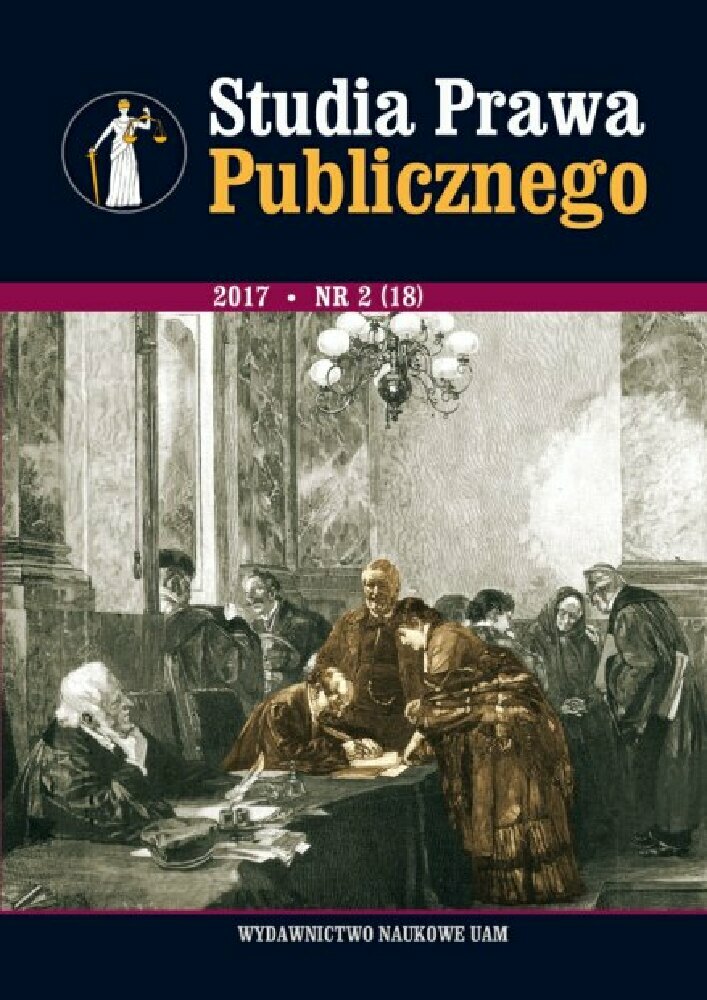Abstract
The principle of prohibition of reformatio in peius is established in Article 134 § 2 of the Law on Proceedings Before Administrative Courts. According to this provision the administrative court is not allowed to issue a decision to the detriment of the complainant. A judgment adverse to the complainant can be exceptionally issued but only if the court fi nds a violation of the law resulting in the annulment of the challenged act or action. This principle is a procedural institution which ensures that the complainant’s situation will not deteriorate due to the decision of the administrative court. There are many interpretative doubts concerning the prohibition of reformatio in peius in the doctrine and the jurisdiction of the administrative courts. This is because administrative courts very rarely issue a decision on the merits. Decisions of administrative courts are basically of cassation nature. When the administrative court allows a complaint, the contested act is generally eliminated from the system of law and the case is returned for re-examination by the public administrative authority. It is therefore very diffi cult to determine the content of the prohibition of reformatio in peius in administrative court proceedings and in practice the prohibition of a change for the worse is not a real guarantee of the protection of the interests of the complainant. In the author’s opinion, the way of approaching the mechanism of application of the prohibition of reformatio in peius by the administrative courts needs to be changed. And yet, a signifi cant improvement in the eff ectiveness of the protection against the worsening of the complainant’s legal situation will only be possible through the introduction of a new legal regulation restricting the jurisdiction of public administrative authority, which will reconsider the case after the cassation judgment issued by the administrative court.
License
Copyright (c) 2019 Agnieszka Ciesielska

This work is licensed under a Creative Commons Attribution-NonCommercial-NoDerivatives 4.0 International License.
